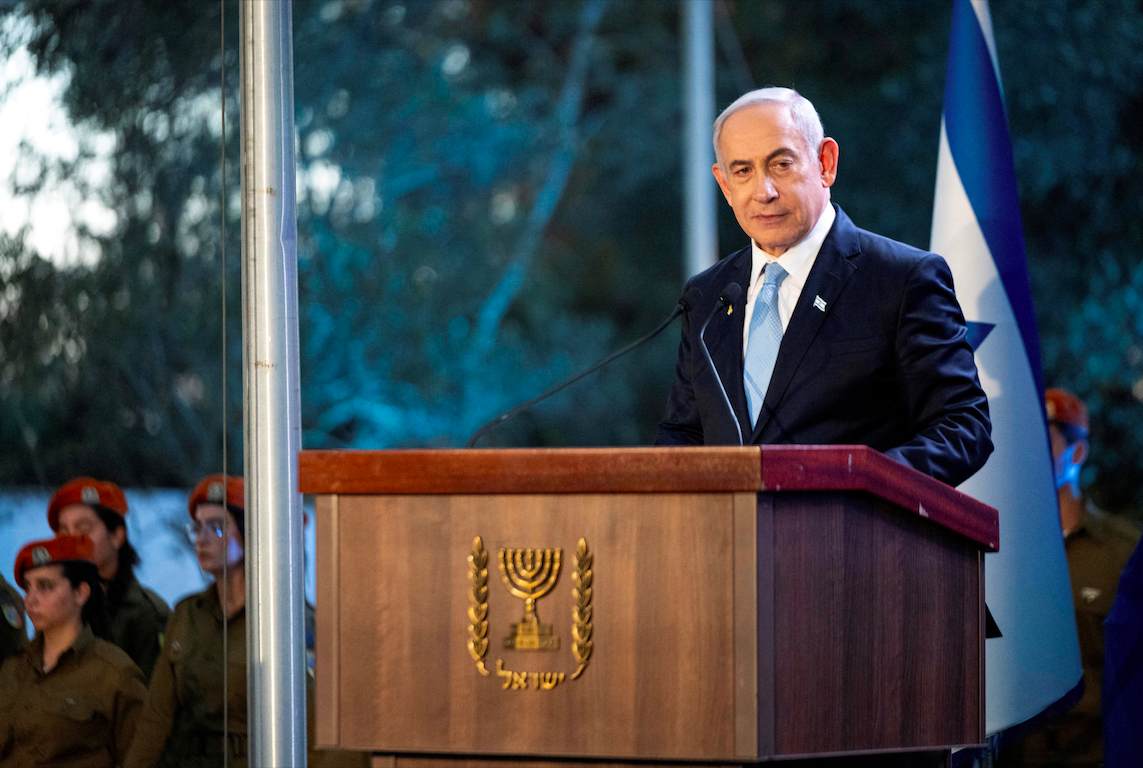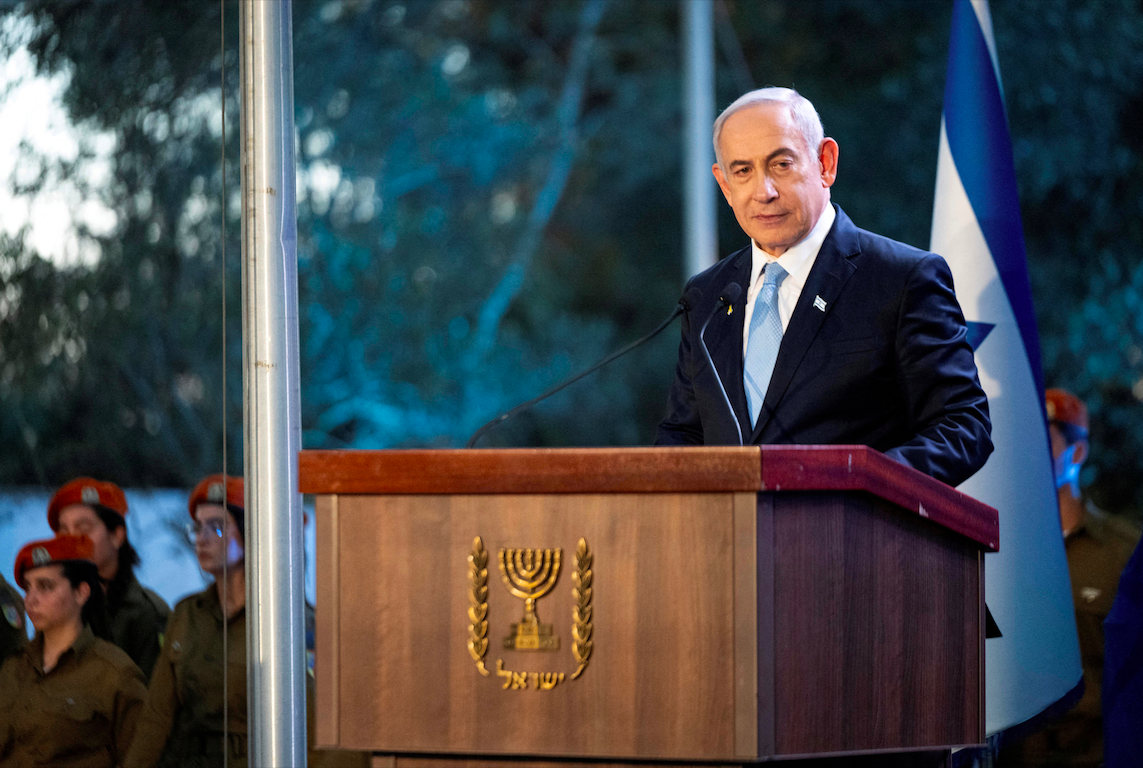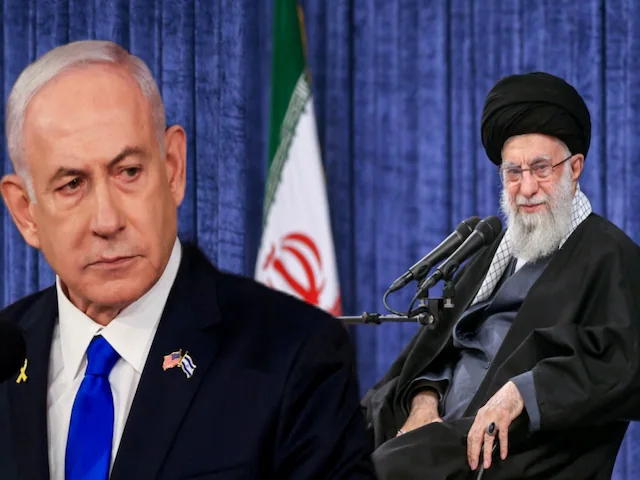Israel on High Alert: Anticipates Iran’s Reaction on Multiple Fronts

Israel on High Alert: Anticipates Iran’s Reaction on Multiple Fronts

Israel’s security forces are currently on high alert, bracing for potential reactions from Iran on various fronts. In a cabinet meeting on August 4th, Prime Minister Benjamin Netanyahu announced that Israel is engaged in a “multi-front war” with Iran and Tehran’s proxies. This development comes amid preparations by the U.S. and its allies to defend Israel from retaliatory attacks and to prevent a devastating regional conflict, according to the Associated Press.
Israel’s Stand Against Iran
Prime Minister Netanyahu emphasized Israel’s readiness to confront Iran’s threats. “The State of Israel is in a multi-front war against Iran’s evil axis. We will target all their weapons with immense force. I reiterate and want to tell our enemies: We will respond and exact a heavy price for any aggression against us, no matter the source,” Netanyahu declared.
The Israeli security forces are maintaining a heightened state of vigilance, anticipating potential Iranian reactions across multiple fronts. Defense Minister Yoav Gallant echoed Netanyahu’s sentiments, stating that Israel is “well-prepared” and ready to swiftly respond to any attack.
Escalating Regional Tensions
Tensions in the region have significantly increased following the assassination of Hamas political leader Ismail Haniyeh in Iran and an Israeli airstrike that killed senior Hezbollah military commander Fuad Shukr in Lebanon last week. Iran, along with its allies Hamas and Hezbollah, has vowed to retaliate. On August 3rd, Iran’s delegation to the United Nations stated that they “expect” Hezbollah to intensify its attacks on Israeli territory and expand its targets beyond military objectives in response to the killing of the senior Hezbollah commander.
Global Reactions and Diplomatic Efforts
In response to the escalating situation, the Pentagon has announced the deployment of additional U.S. Navy fighter jets and warships to the Middle East. Deputy National Security Advisor Jon Finer assured that efforts are underway to prevent the situation from worsening. “We are doing everything possible to ensure the current situation does not worsen,” Finer told ABC News.
In a bid to de-escalate tensions, Jordanian Foreign Minister Ayman Safadi made a rare trip to Iran as part of ongoing diplomatic efforts. “We want the escalation to end,” Safadi stated, emphasizing the importance of diplomatic resolutions.

Conclusion
As Israel braces for potential Iranian reactions, the international community watches closely. The region’s stability hangs in the balance as diplomatic efforts continue alongside military preparations. The situation remains fluid, and the world waits to see how these events will unfold.
This critical period highlights the importance of vigilance, preparedness, and diplomatic engagement in maintaining regional peace and security.



